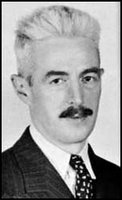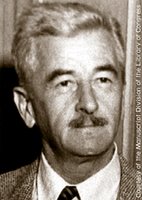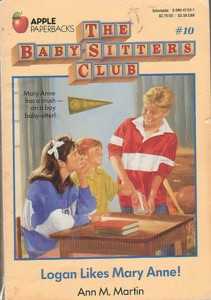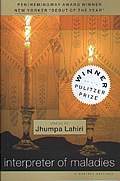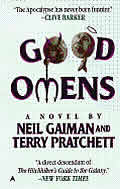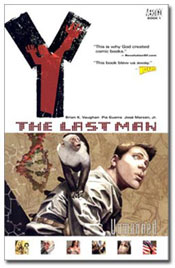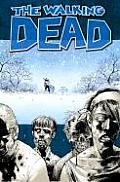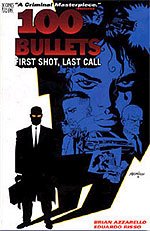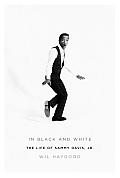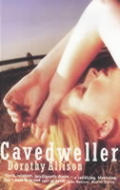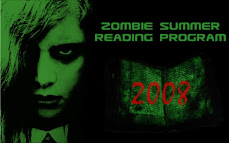
During his lifetime, Everette Maddox was the unofficial poet laureate of the French Quarter and founder of the Maple Leaf Bar reading series, which has been going strong since 1979, and even in these post-Katrina days, convenes each Sunday at 3pm.
After Maddox died in 1989, a memorial was placed on the patio at the Maple Leaf which reads simply: "He was a mess."
Maddox's poems call to mind Tom Waits' drunken reels and ballads, steeped in Berryman, Stevens, and Wordsworth, with a little Keatsian melancholy thrown in for good measure. Even the titles of the poems are great - "Joseph Conrad Meets All My Friends," "Thirteen Ways of Being Looked At By a Possum," "God's Last Words To the Stars," but my favorite one is this:
Irrelevant
by Everette Maddox
I'm not going to
dignify Mozart
or metaphysics
any longer by
pretending they touch
me. I won't even
say I like these leaves
except as they swirl
against a special
emptiness. Nothing
is relevant since
losing you is what
my life is about.Maddox published three collections of poetry during his lifetime, but never achieved widespread success or renown; however, his work and his legacy are well-remembered by the people of New Orleans and the Gulf Coast and have spawned a documentary, a play, and two posthumous collections, none of which you will be able to see or lay your hands on very easily.
It is goddamn tragic that we live in a world where the pretentious and unreadable works of Jorie Graham are readily accessible, but Everette Maddox is out of print.
I have tracked down a few places where you can acquire his work in piecemeal:
1.
Rette's Last Stand, a posthumous collection of his works, some previously unpublished, is available for a very reasonable price at Abebooks. (
The Everette Maddox Songbook is also available here, if you're willing to drop $150 for it)
2.
American Waste, another posthumous collection, and
The Maple Leaf Rag, a collection of 100 writers from the Maple Leaf Bar Reading Series, are available at
Portals Press, out of New Orleans.
3. Several works are included in
The Made Thing: An Anthology of Contemporary Southern Poetry4. The 1994 Fall/Winter issue of the
New Orleans Review features a Maddox interview, several essays, a series of letters he wrote to a friend, and several poems, and can be ordered
here.
So little published poetry actually matters. This stuff is worth finding.
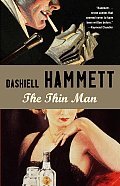 The Thin Man by Dashiell Hammett
The Thin Man by Dashiell Hammett